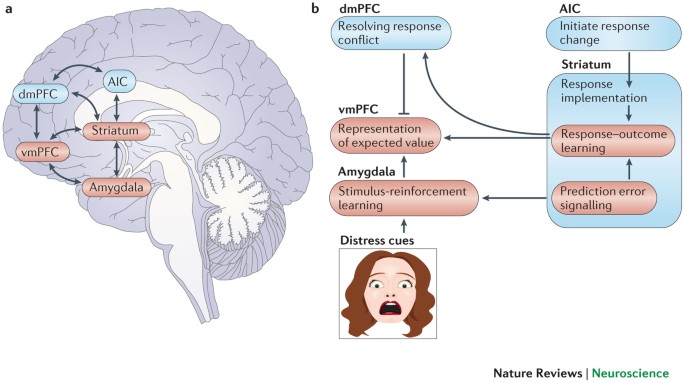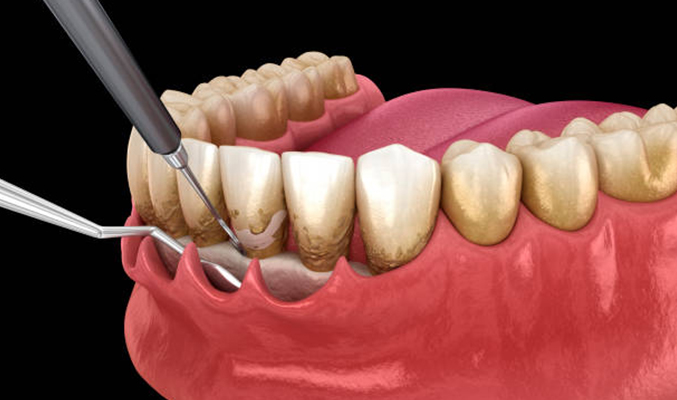Introduction: In today’s world, mental health is becoming more important than ever. People are realizing that just like physical health, mental health needs attention and care. This growing awareness has opened up new opportunities for those who want to help others through mental health degrees. But what exactly are mental health degrees? How can you pursue one, and what can you do with it? Let’s dive into everything you need to know about mental health degrees and how they can lead to a rewarding career.
What is a Mental Health Degree?
A mental health degree is a type of academic program that focuses on understanding mental health issues, human behavior, and how to provide help to those in need. These degrees are designed to train individuals to become professionals in fields like counseling, therapy, psychology, or social work. If you are passionate about helping people cope with mental challenges, a mental health degree can be your first step toward making a positive difference.
Types of Mental Health Degrees
There are several types of mental health degrees you can pursue, depending on your interests and career goals. Let’s look at some common options:
- Bachelor’s Degree in Psychology or Counseling
A bachelor’s degree is usually the first step for many people interested in mental health. This program covers basic concepts like human behavior, emotions, and thought processes. With this degree, you can work in entry-level positions such as case management or become a mental health technician. - Master’s Degree in Counseling or Social Work
A master’s degree allows you to specialize in areas like clinical psychology, school counseling, or social work. This degree opens up more advanced job opportunities, such as becoming a licensed counselor or therapist. You’ll also gain hands-on experience through internships and supervised practice. - Doctoral Degree in Psychology (Ph.D. or Psy.D.)
If you want to become a licensed psychologist or a mental health researcher, pursuing a doctoral degree is the way to go. A Ph.D. focuses on research, while a Psy.D. is more practice-oriented. These programs are rigorous and take several years to complete but offer the most advanced knowledge and skills in the field. - Certificate Programs
Certificate programs are shorter courses that focus on specific areas of mental health, such as substance abuse, family counseling, or trauma therapy. These can be pursued after a degree to enhance your skills in a particular niche.
Career Options with a Mental Health Degree
Earning a mental health degree opens up a wide range of career opportunities. Some of the roles you can pursue include:
- Licensed Counselor or Therapist
Counselors and therapists work directly with individuals, helping them manage mental health challenges. They use techniques like talk therapy, cognitive-behavioral therapy, and other approaches to guide people through difficult times. - Clinical Psychologist
Clinical psychologists assess, diagnose, and treat mental disorders. They often work in hospitals, private practices, or mental health clinics. With a doctoral degree, you can become a licensed psychologist and offer a variety of therapeutic services. - Social Worker
Social workers help individuals and families in crisis situations. They connect people to resources like housing, food, and healthcare while also providing emotional support. Some social workers specialize in mental health, working in clinics or community centers. - School Counselor
School counselors support students by addressing emotional, social, and academic issues. They often work in elementary, middle, and high schools, providing guidance on coping with challenges at school and home. - Substance Abuse Counselor
Substance abuse counselors specialize in helping individuals overcome addiction. They work in rehab centers, hospitals, or private practices, providing therapy and support to those struggling with drug or alcohol abuse. - Marriage and Family Therapist
These therapists focus on relationships and family dynamics. They help couples and families navigate difficult times, offering counseling to improve communication and resolve conflicts.
Why Pursue a Mental Health Degree?
There are many reasons why people choose to pursue a mental health degree:
- Making a Difference
One of the most rewarding aspects of working in mental health is knowing that you’re making a positive impact on people’s lives. Helping someone through a tough time or guiding them toward better mental health can be incredibly fulfilling. - Growing Demand
Mental health professionals are in high demand as awareness of mental health issues continues to rise. This means more job opportunities and career growth for those in the field. - Flexibility
Many mental health careers offer flexibility in terms of where you work and how you work. You can choose to work in hospitals, schools, private practices, or even open your own counseling business. - Variety of Specializations
With a mental health degree, you can specialize in various areas, from working with children to focusing on addiction or trauma therapy. This allows you to find your niche and develop expertise in an area you’re passionate about.
How to Choose the Right Mental Health Degree Program
Choosing the right mental health degree program is essential for your future career. Here are some factors to consider:
- Accreditation
Ensure that the program you choose is accredited by a recognized organization. Accreditation ensures that the program meets the necessary educational standards and will be respected by employers. - Specializations
Look for programs that offer specializations in areas you are interested in. Whether you want to focus on family therapy, school counseling, or clinical psychology, finding the right fit will help you achieve your goals. - Internships and Practical Experience
Hands-on experience is crucial in the mental health field. Look for programs that offer internships or opportunities for supervised practice, as these will help you develop the skills you need to succeed in your career. - Cost and Location
Consider the cost of the program and whether it fits within your budget. Also, think about the location of the school and whether you prefer to attend classes in person or online.
Skills You’ll Learn in a Mental Health Degree Program
Throughout your mental health degree program, you will develop various skills that will prepare you for a career in the field:
- Active Listening
Listening is a critical skill for mental health professionals. You’ll learn how to listen to people without judgment, allowing them to express their feelings and concerns openly. - Empathy
Being empathetic means understanding and sharing the feelings of others. In mental health, empathy helps build trust and rapport with clients, which is essential for effective counseling. - Problem-Solving
Mental health professionals help individuals find solutions to their problems. You’ll learn how to analyze situations and come up with practical strategies to help people overcome challenges. - Communication
Clear and compassionate communication is vital when working with clients, families, and colleagues. You’ll develop strong verbal and written communication skills throughout your program. - Crisis Intervention
Mental health professionals often deal with crisis situations, such as someone experiencing a panic attack or suicidal thoughts. You’ll learn how to handle these situations calmly and provide the necessary support.
Conclusion: Is a Mental Health Degree Right for You?
If you have a passion for helping others, a mental health degree can lead to a fulfilling and meaningful career. Whether you want to work as a counselor, therapist, social worker, or psychologist, there are many paths you can take. With growing awareness of mental health issues, the demand for qualified professionals is higher than ever. By pursuing a mental health degree, you’ll be taking the first step toward making a positive impact on the world.













